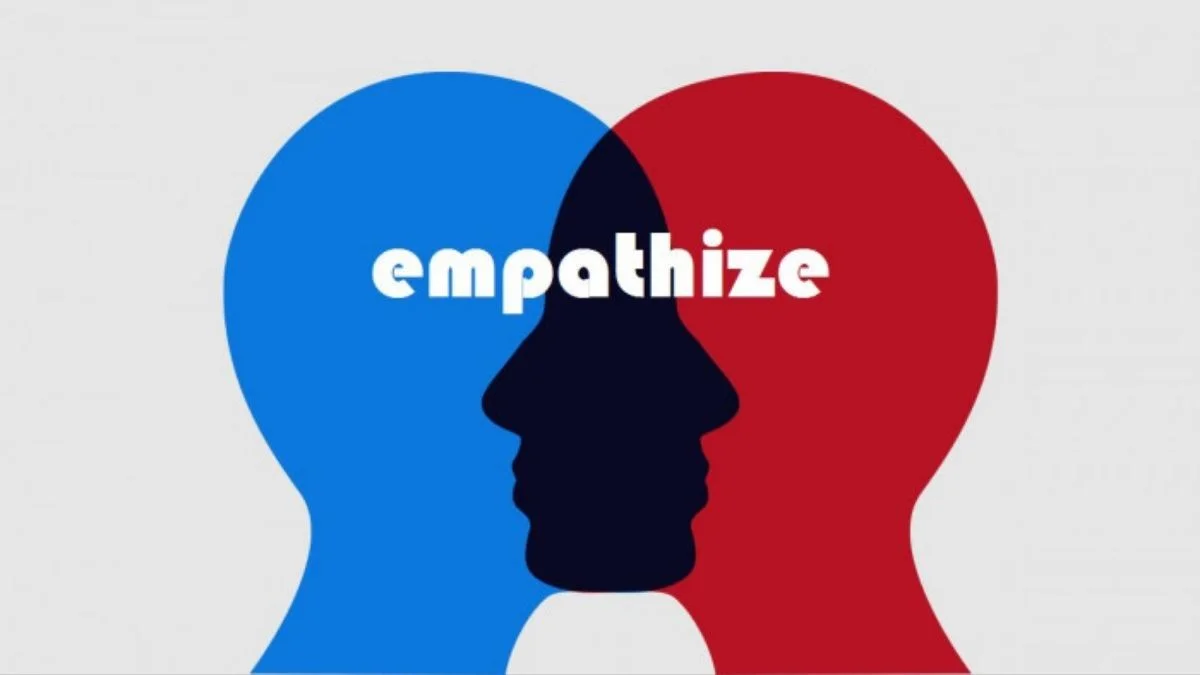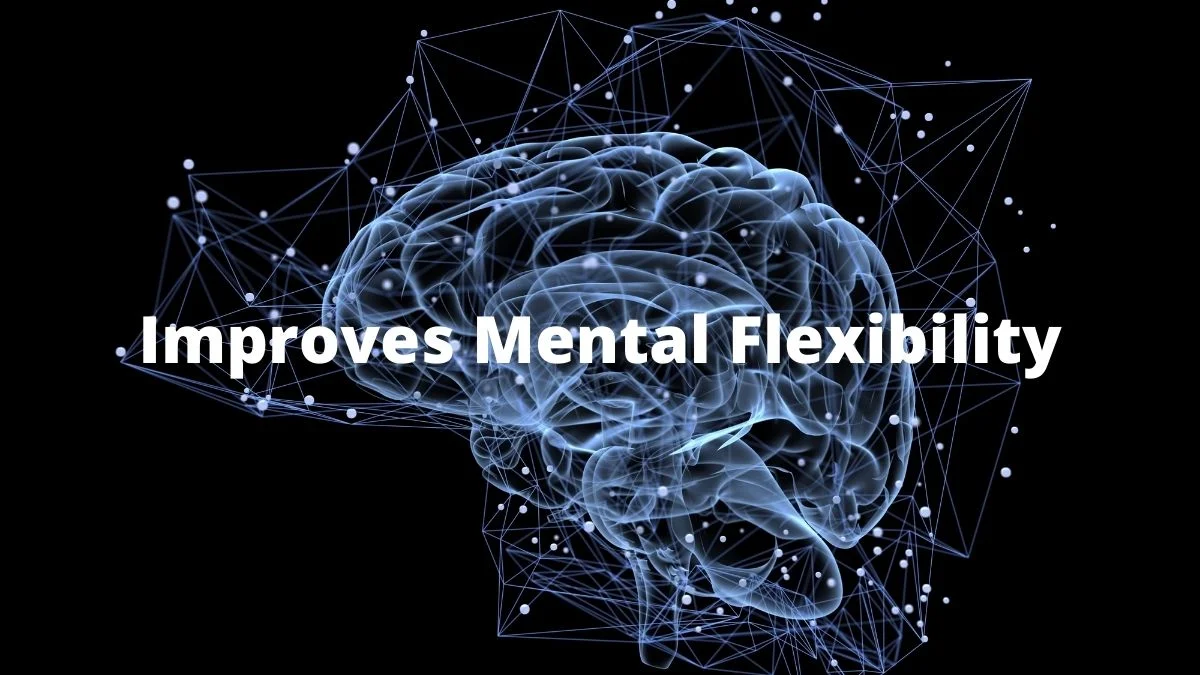From a young age, most of us are encouraged to read. Reading books benefits both, our physical and mental health. Developing a reading habit can have profound positive effects on life. Reading improves our comprehension and sharpens our minds. There are books on nearly every imaginable topic with different characters that readers can relate to in some way or the other. Reading provides numerous mental health benefits. Books can take us to different places. They can relax us and calm us and they offer wisdom, humour and comfort. Today we will tell you how reading is good for mental health.
Reduce Stress

A study showed that reading can effectively lower stress levels after just thirty minutes. Choose something that you enjoy and won’t trigger anxiety or overwhelming sadness to achieve this effect. Reading as a hobby can be relaxing and therapeutic. Reading lets you escape your own mind and live another life for a short time. Readers can travel, go on adventures, and overcome great hardships from the comfort of their home. The imaginative escape that reading offers can be a healthy way to distract yourself from the stress of daily life.
Reading Strengthens Your Brain

Reading is always associated with intelligence, because it is a great medium to absorb and retain information. There is research that shows that the act of reading alone can improve brain connectivity. Our brains form neurological connections as we learn and exercise our cognitive abilities. These connections improve our overall brain function. Researchers have theorized that reading enables us to mimic actual experience in our minds. They providing us with the benefits of a character’s emotional growth and ability to overcome challenges without having to go through the experience ourselves. This enhanced cognitive performance can have many positive results on the mental health and the overall wellbeing and strengthens the brain of the reader.
Increases Your Ability To Empathize

There is a theory that people who read fiction have shown to improve the level of empathy, the ability to understand someone else’s belief’s, feelings and thoughts. This theory is known as the ‘theory of mind’. While reading readers get to experience life from the vantage point of someone else and that impacts readers not only in the world of the book but also in real-world relationships. Reading can increase one’s understanding of others and improve relationships. As readers get absorbed in a storyline, they empathize with characters and learn their motivations and behavior patterns. This helps in increasing a person’s understanding of human behavior which is knowledge that will be carried over to life outside of a novel.
Helps Alleviate Depression Symptoms

People with depression many a times feel isolated and estranged from everyone else. Reading a fictional book allows escape from the real world temporarily and nonfiction self-help Books teach strategies that can help manage symptoms. It can help readers feel more connected and that helps people who deal with depression or anxiety. Reading allows the imagination to become more engaged and readers to connect emotionally to characters and reflect their own feelings, problems and desires.
Improves Mental Flexibility

While reading readers are forced to inhabit the mind of someone else and see people, concepts, and situations from a perspective outside of their own. Fictional literature and poetry are effective in challenging the mind and opening readers up to new interpretations of reality. A study found that the complex concepts that are often found in poetry stimulate the brain in a way that improves the reader’s ability to think outside the box. Healthy mental flexibility can help solve problems in new, creative ways, and can make behavioral changes and habit-breaking easier to achieve.
Also Read: 11 Standalone Fantasy Books for Fans of Game of Thrones



